What can be done to help control my nausea and vomiting from chemotherapy?
Drugs called antiemetic agents are used to help lessen nausea
and vomiting. They are usually given before the chemotherapy treatment begins. Nausea and vomiting vary from
person to person and also depend upon the chemotherapy
agent being given. Among the drugs that may be prescribed
to help combat nausea and vomiting are Compazine, Thorazine,
Phenergan, Torecan, Trilafon, Inapsine, Haldol, Decadron,
and Metoclopramide. Most are given orally, intramuscularly,
or rectally.
Can I take drugs at different times of the day to help control
nausea and vomiting?
It depends upon the drug. Some must be taken or given at
specific times or else they will not be effective. However,
most nausea and vomiting seem to occur 2 to 4 hours after
the treatment and last less than 24 hours. For some drugs,
and some people, getting the drug early in the morning
(along with antinausea medicine), then taking the antinausea
medicine again 4 hours later and eating a light meal,
allows them to eat a large meal at dinnertime, free of symptoms.
Others say that taking their treatment late in the day
along with antinausea medicine and a sleeping pill seems
to work. These people say they can sleep through the night
and feel only slightly nauseous in the morning. Talk with
your doctor or nurse to see if there is any way to experiment
with the times you take your antinausea medicine, depending
upon the drugs you are being given.
Do nausea and vomiting usually occur at specific times?
Generally there seem to be three different kinds of nausea
and vomiting experienced by cancer patients on chemotherapy:
• Nausea and vomiting which start a few hours after treatment
and last a short time (this is the most common)
• Violent nausea and vomiting which is of 12 to 24 hours'
duration
• A feeling of nausea which seems to be always with you
(with this symptom you must force yourself to eat)
Is it true that marijuana can reduce nausea and vomiting?
The active chemical compound of marijuana, called THC tetrahydrocannabinol has been reported by researchers
to be helpful in controlling nausea and vomiting in some
cancer patients. The researchers feel that the drugs used in
chemotherapy often cause the patient to feel nauseous by
triggering a response in the brain rather than a response in
the stomach. Marijuana, they theorize, acts on the brain to
block or at least suppress the response. Over the past 10
years, the National Cancer Institute has tested THC on
20,000 patients.
Is the THC tablet available to cancer patients?
Yes, it is now available in prescription form under the trade
name Marinol (dronabinol) and is manufactured by Unimed,
Inc.
Does the THC tablet have any side effects?
Since THC is a mood-altering drug, some cancer patients
on chemotherapy reported problems in tolerating the moodaltering
effects, even when THC was helpful in curbing
nausea and vomiting. Particularly in some older patients,
problems were severe enough to require hospitalization for
psychiatric care. Side effects of THC include anxiety, hallucinations,
disorientation and dizziness. Many doctors feel
that other drugs available are effective for nausea and vomiting
without exposure to mood-altering problems. THC is
probably most useful for those patients who have had a
history of pot smoking and are accustomed to the drug's
mood-altering effects.
Chemotherapy: What can I do for nausea or vomiting?
Has hypnosis been used to curb nausea and vomiting?
Some people are plagued with nausea and vomiting before
the chemotherapy treatment begins. For some, just a glimpse
of the highway leading to the hospital or the smell of the
clinic will trigger an attack. Several centers are using mindcontrol
techniques to help ease the anxiety that brings on
this anticipatory nausea. Among the mind control techniques
under study are relaxation, biofeedback, and self hypnosis, which patients can do before leaving home. Some
centers are using classical music and pictures of pleasant
scenes to help patients. Most are having some success with
mind control techniques in giving their patients relief from
the anxiety that can trigger attacks of anticipatory nausea
and vomiting.
Sometimes the nausea takes away my appetite. Other times,
even when I am not nauseated, I don't feel like eating. Is
there something I can do?
It is important for you to eat well especially a diet high
in protein during your treatment period. Your appetite
may be poor, but you need to make sure you are eating a
balanced high protein diet in order to maintain your
strength, to prevent body tissues from breaking down, and
to rebuild the normal tissues that have been affected by the
drugs.

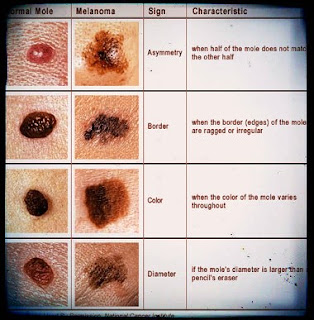
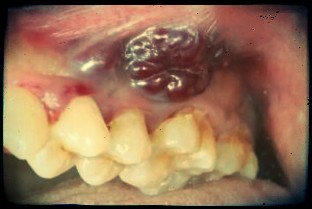
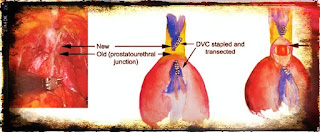
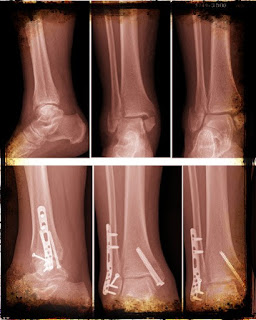
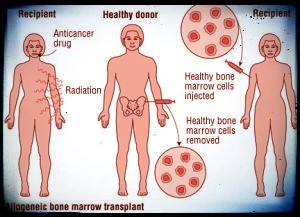
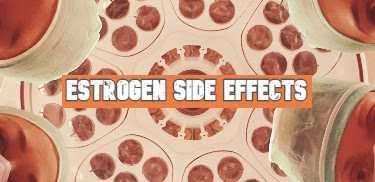
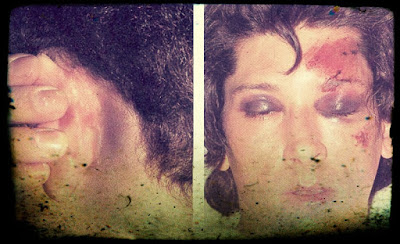
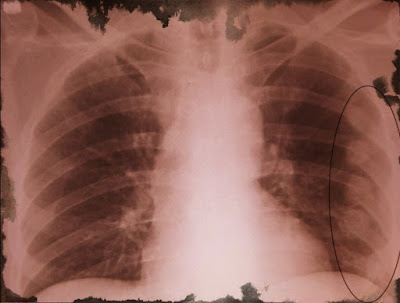
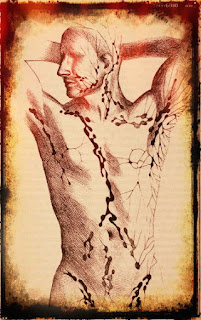

Comments
Post a Comment